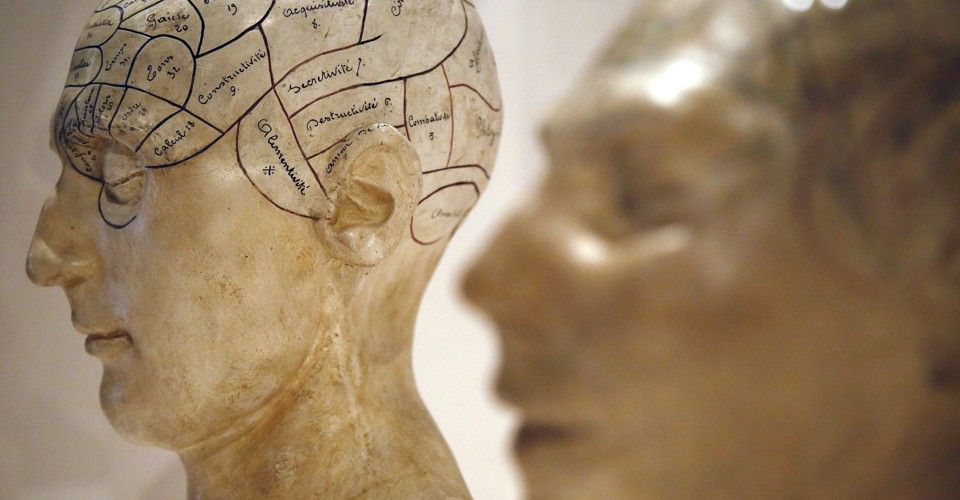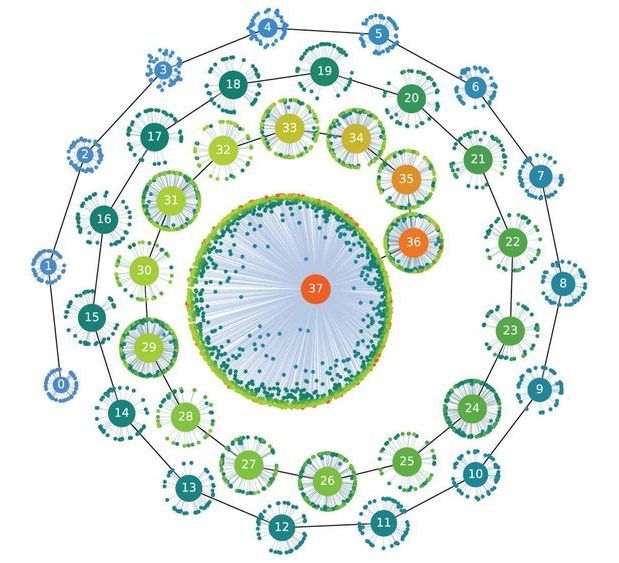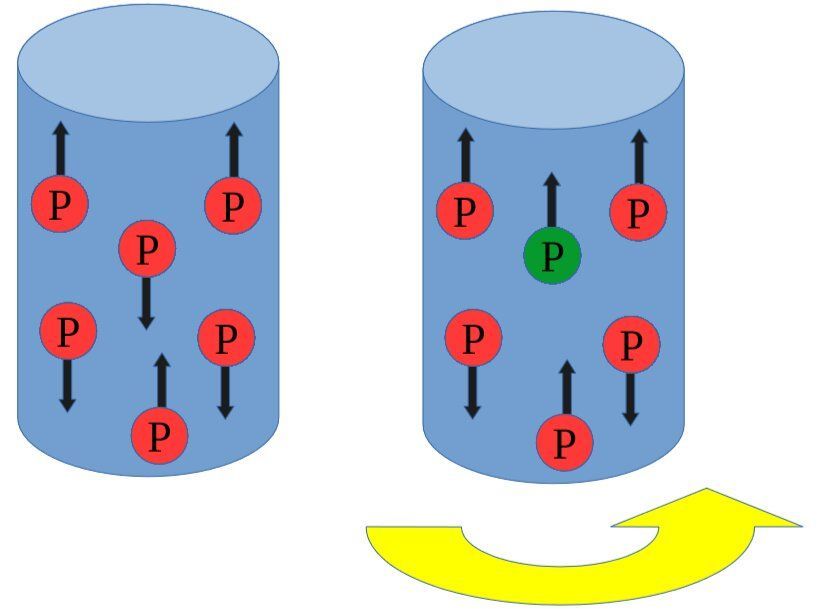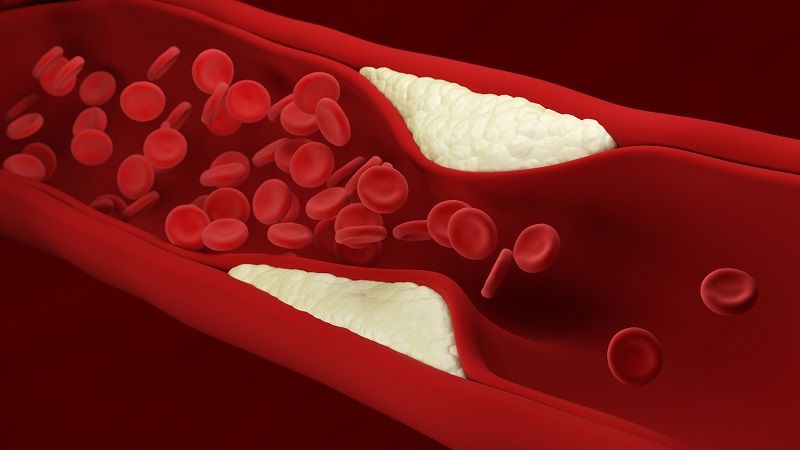Page 8767
May 24, 2019
AI can now turn still images into moving heads
Posted by Michael Lance in category: robotics/AI

Artificial Intelligence can now fabricate a video from still images!
Continue reading “AI can now turn still images into moving heads” »
May 24, 2019
See China’s Newly Unveiled Maglev Train
Posted by Quinn Sena in category: transportation
May 24, 2019
A New Theory Explains How Consciousness Evolved
Posted by Quinn Sena in category: neuroscience
May 24, 2019
Tapping the power of AI and high-performance computing to extend evolution to superconductors
Posted by Quinn Sena in categories: robotics/AI, supercomputing
Owners of thoroughbred stallions carefully breed prizewinning horses over generations to eke out fractions of a second in million-dollar races. Materials scientists have taken a page from that playbook, turning to the power of evolution and artificial selection to develop superconductors that can transmit electric current as efficiently as possible.
Perhaps counterintuitively, most applied superconductors can operate at high magnetic fields because they contain defects. The number, size, shape and position of the defects within a superconductor work together to enhance the electric current carrying capacity in the presence of a magnetic field. Too many defects, however, can lead to blocking the electric current pathway or a breakdown of the superconducting material, so scientists need to be selective in how they incorporate defects into a material.
In a new study from the U.S. Department of Energy’s (DOE) Argonne National Laboratory, researchers used the power of artificial intelligence and high-performance supercomputers to introduce and assess the impact of different configurations of defects on the performance of a superconductor.
May 24, 2019
The first observation of the nuclear Barnett effect
Posted by Quinn Sena in categories: biotech/medical, neuroscience
The electronic Barnett effect, first observed by Samuel Barnett in 1915, is the magnetization of an uncharged body as it is spun on its long axis. This is caused by a coupling between the angular momentum of the electronic spins and the rotation of the rod.
Using a different method from that employed by Barnett, two researchers at NYU observed an alternative version of this effect called the nuclear Barnett effect, which results from the magnetization of protons rather than electrons. Their study, published in Physical Review Letters (PRL), led to the first experimental observation of this effect.
“I was a graduate student at NYU where a group of colleagues were involved in a project related to brain imaging,” Mohsen Arabgol, one of the researchers who carried out the study, told Phys.org. The fundamental idea behind the project was polarizing the brain molecules by inducing rotation using the Barnett effect and then applying the MRI-type imaging. I became interested and decided to work on the detection of the nuclear Barnett effect as my Ph.D. dissertation.”
Continue reading “The first observation of the nuclear Barnett effect” »
May 24, 2019
SpaceX Just Unleashed 60 Starlink Satellites Into Orbit
Posted by Quinn Sena in categories: internet, satellites
SpaceX just successfully let loose 60 of its tiny Starlink satellites, intended to bring internet broadband connectivity to people across the globe. While it’s a good start, the Elon Musk-led space company still has its work cut out to truly bring internet to all.
“In a year and a half, maybe two years, if things go well, SpaceX will probably have more satellites in orbit than all other satellites combined — a majority of the satellites in orbit will be SpaceX,” Musk said during a conference call last week, as quoted by Space.com.
Successful deployment of 60 Starlink satellites confirmed! pic.twitter.com/eYrLocCiws
Continue reading “SpaceX Just Unleashed 60 Starlink Satellites Into Orbit” »
May 24, 2019
How European scientists will spend €100 billion
Posted by Quinn Sena in category: futurism
The European Union has partially approved the shape of its next giant research-spending programme, but it faces political tensions.
May 24, 2019
The Transcription Factor c-Myb Worsens Atherosclerosis
Posted by Steve Hill in category: biotech/medical
A recent study has outlined the relationship between B cells, atherosclerosis, and the transcription factor c-Myb. While this factor is necessary for hematopoiesis, the formation of new blood cells, it has been shown to affect B cells, a type of lymphocyte, in a way that makes atherosclerosis more severe.
A new look at inflammaging
Inflammation can have beneficial effects in the short term, but chronic, long-term inflammation is known to exacerbate serious diseases. With age, the immune system falters and constantly reacts to things that it sees as threats, thus leading to the rise in chronic inflammation known as inflammaging. In the case of atherosclerosis, the relationship between cholesterol and immune cells plays a major role in making things worse [1].
Continue reading “The Transcription Factor c-Myb Worsens Atherosclerosis” »

















